Friends make life easier, especially when you have Autism.
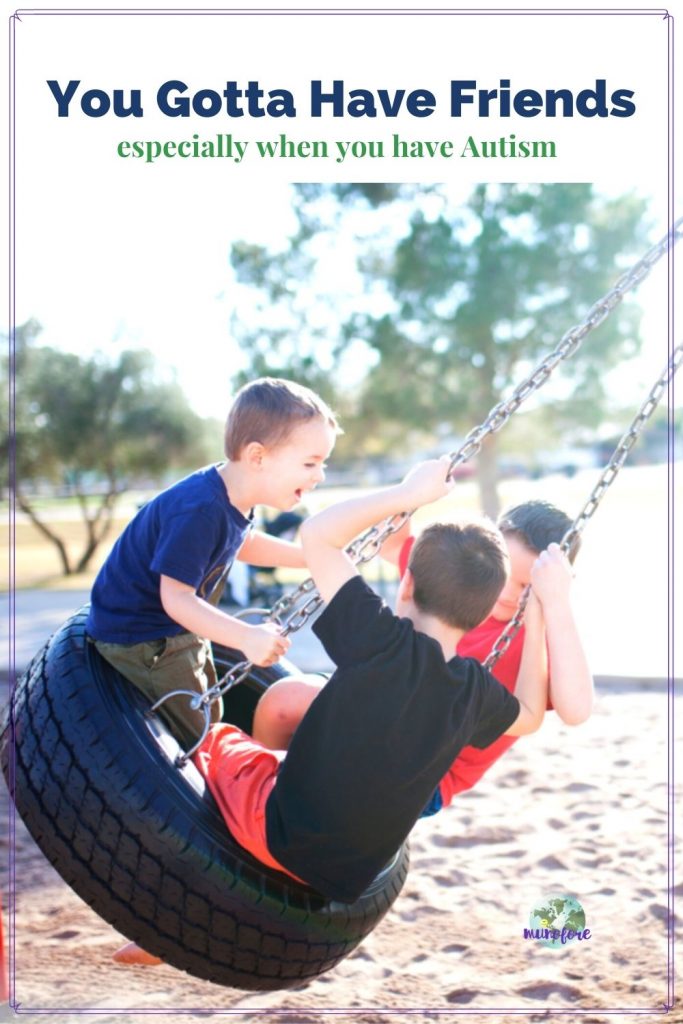
As a child enters the school years their parents begin to think about what kind of friends he or she will have in school. We wonder if the friends our child chooses will be the ones we'd chose for them. Will my son hang out with the nice kids or will she be one of the mean girls?
As the parent of a child on the autism spectrum, I don't worry if the other kids will make fun of my son. I worry how he will react when he gets made fun of.
Because I know it is going to happen.
He is different and that makes it so easy to be the butt of jokes.
Friends Accept You
He spent almost two years in Special Day Preschool plus a few hours of ABA (specialized one on one training) and did so well that the decision was made to place him in a regular kindergarten class with an aide.
I had no idea how the other kids would react to him, but I knew we needed push him out of his (and our) comfort zone. Will they accept his differences? Can he overcome his socialization challenges to be a friend to them? And on and on.
One day a few weeks after the school I was volunteering in his class and saw his interaction with his classmates first hand. When it was time for his group to rotate to a new table he started to wander to the computers. Before his aide or I could react, his table mates steered him back to line and told him "We are going to the teacher table first then computers." And he listened... without throwing a fit!

They GOT him!
After only two weeks in class together these five year olds understood and accepted J for who he was.
He had several "little mothers" that always made sure he was where he was supposed to be and doing what he was supposed to do. The boys invited him to play their games and then let him do his own thing. That special group of kids, plus more added through the years, have continued to look after him whether they have been in the same class or not.
Friends Want Others to Accept You
Last week, I was reminded of how amazing his friends are.
The story, as relayed to me by one of his little mothers:
- All of the third grade classes have Physical Education together first thing in the morning.
- J was playing in the mud instead of participating in the kickball game.
- He then wiped the mud off his hands onto his shorts.
- Two students from another class started making fun of him. J reacted by yelling "Leave me alone!" {that actually means "I got caught doing something I shouldn't be doing"}
- J's friends who are in the class with the teasers immediately told them to stop. {She then rattled off a list of names and I only caught about half.}
- A few of them ran off to find his aide who was making copies. She involved the assistant principal who was passing by.
- As the teasers were being forced to give their apologies to J (giggling the entire time) the classroom teacher noticed the commotion and was appraised of the situation.
- She praised the students that came to J's defense and told them they could move their clips up (reward for good behavior) and told the culprits she would talk to them later.
My first reaction was not necessarily happy. "Were you playing in the mud instead of participating in class?"
Hey, I am a former Physical Education teacher in a family of teachers. Of course my first thought was "why weren't you following directions".
When I asked him if he was laughed at by the other kids for being muddy he thought for a minute, looked completely puzzled, and said "No".
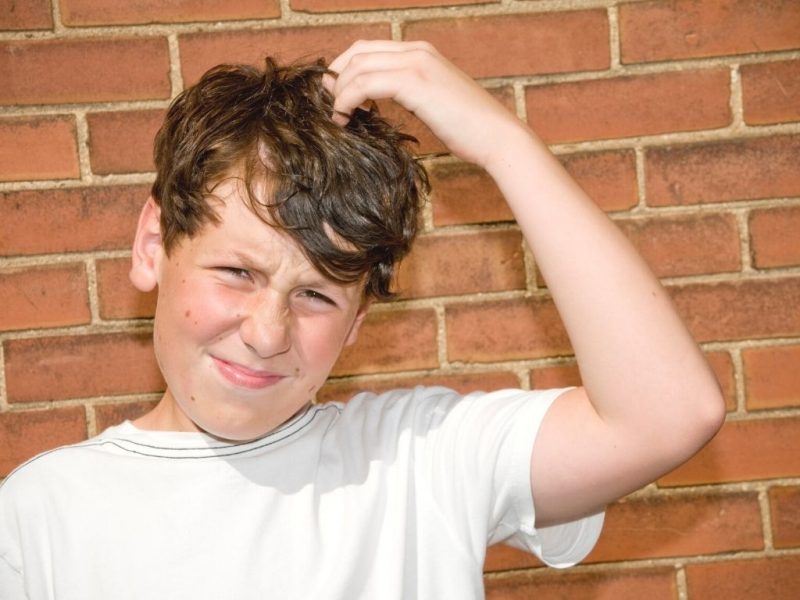
It didn't even register to him that these students were making fun of him.
Since he wasn't fazed by it I could have let it go but, as a former teacher, I chose to "catch them being good".
I hopped on to Facebook to let the parents of his friends know their awesome kids had come to J's defense. The response I got stunned me.
All of the parents already knew about it.
The 10 or 12 friends that had come to his defense were still so upset by something that happened at 9 a.m., it was the first thing they told their parents on the way home. The kids reactions ranged from disappointment to frustration to anger.
I felt bad for the other students because they were so moved by what happened to J, while he was oblivious.
We used this as a teachable moment and explained how lucky he was to have great friends to defend him and gave him some talking points that he could use to be a better friend (How is football going? When is your next play? Did you get a part in Nutcracker? etc.). Friendship is a foreign concept to him and we are all working to teach him, especially his friends.
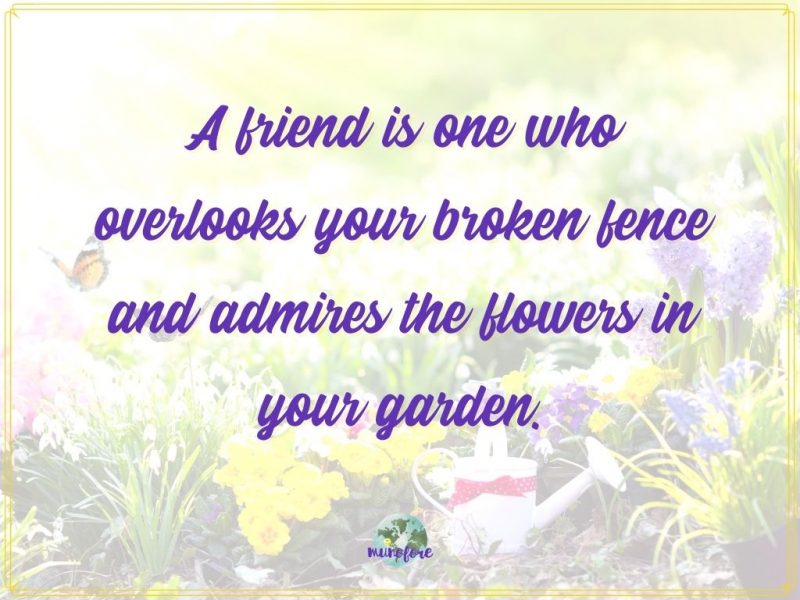
I could focus on the two teasers, or how bullying is a problem in our schools today, or how children on the autism spectrum are more likely to be bullied. But I won't.
First of all, I always try to focus on the positive in any situation. Secondly, look at the numbers. Two eight year olds made bad choices, at least ten chose to be a friend. The adults immediately swept in and pointed out good and bad choices. Praise was given by parents, teachers and administrators for the good choices.
Realistically there will always be mean people in this world. But with true friends by our side, we can handle just about anything. Even the challenges of autism.













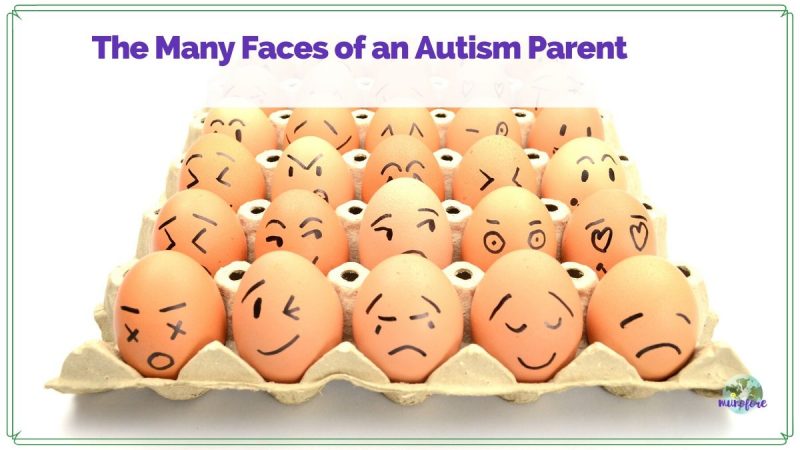
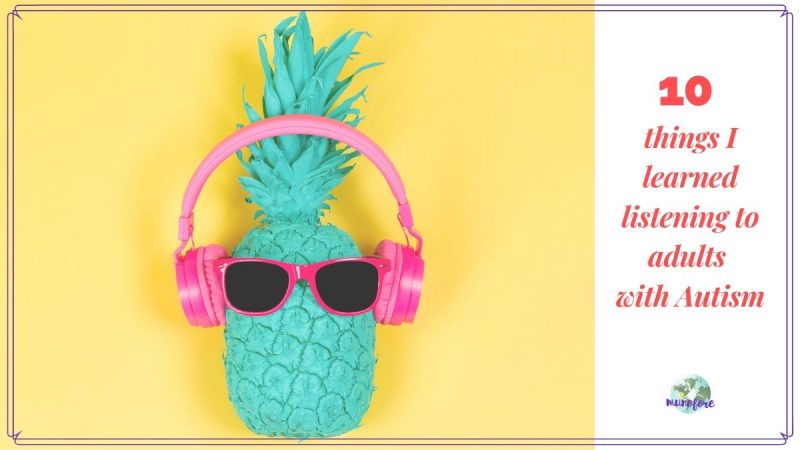

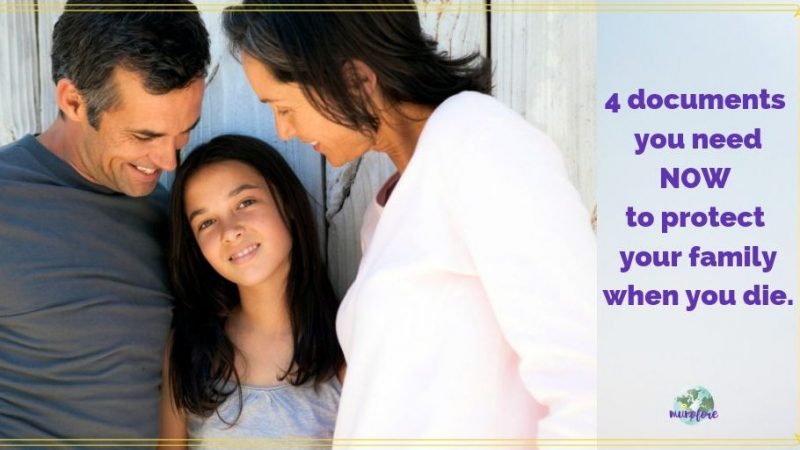
Leave a Reply